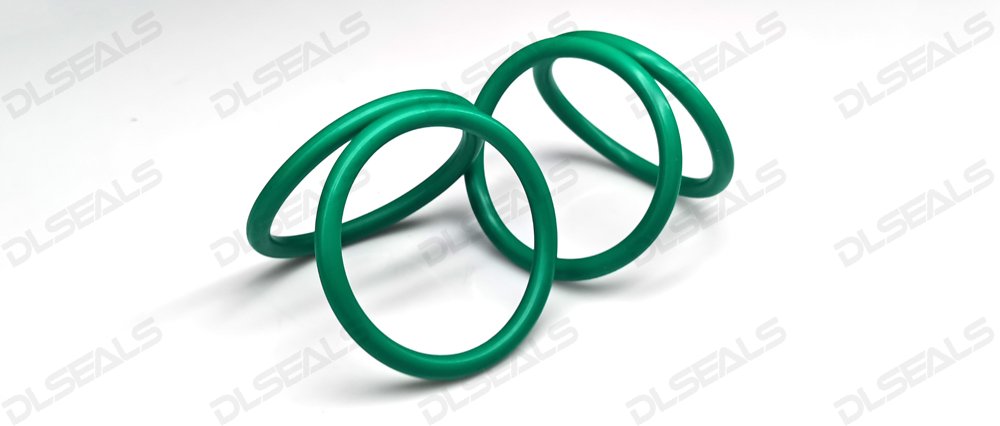Elastomeric seals play a crucial role in automotive engineering, serving as vital components in various systems within vehicles. From engines to braking systems, these seals ensure optimal performance and safety. In this article, we’ll delve into the significance of elastomeric seals in automotive engineering, along with their key applications and insights.
1. Ensuring Fluid and Gas Tightness:
Elastomeric seals are essential for maintaining fluid and gas tightness in automotive systems. They are commonly used in engine components, such as cylinder head gaskets, oil seals, and valve stem seals, to prevent leakage of oil, coolant, and combustion gases. This helps in preserving engine efficiency and longevity.
2. Enhancing Vibration Damping:
Automotive systems are subject to vibrations and dynamic forces during operation. Elastomeric seals aid in damping vibrations and minimizing noise levels, contributing to a smoother and quieter driving experience. They are often utilized in suspension systems, engine mounts, and exhaust hangers to absorb shocks and vibrations.
3. Resisting Extreme Temperatures and Environmental Conditions:
Elastomeric seals exhibit excellent resistance to a wide range of temperatures and environmental conditions encountered in automotive applications. Whether it’s enduring high engine temperatures or withstanding exposure to road salt and chemicals, these seals maintain their integrity and sealing properties, ensuring reliable performance even in harsh conditions.
4. Facilitating Sealing in Fluid Handling Systems:
In fluid handling systems such as fuel delivery, cooling, and hydraulic systems, elastomeric seals are indispensable for maintaining tight seals and preventing fluid leaks. They are employed in fuel injector seals, radiator hoses, O-rings, and hydraulic cylinder seals, among other components, to ensure efficient fluid containment and distribution.
5. Supporting Environmental Sustainability:
Elastomeric seals contribute to environmental sustainability in automotive engineering by minimizing fluid leaks and emissions. By preventing leakage of engine fluids and gases, these seals help in reducing environmental pollution and conserving resources. Additionally, their long service life and durability contribute to overall sustainability by reducing the need for frequent replacements.
In conclusion, elastomeric seals play a vital role in automotive engineering by ensuring fluid and gas tightness, enhancing vibration damping, resisting extreme conditions, facilitating sealing in fluid handling systems, and supporting environmental sustainability. As automotive technology advances, the importance of elastomeric seals in maintaining vehicle performance, reliability, and environmental responsibility continues to grow.
Post time: Apr-08-2024

